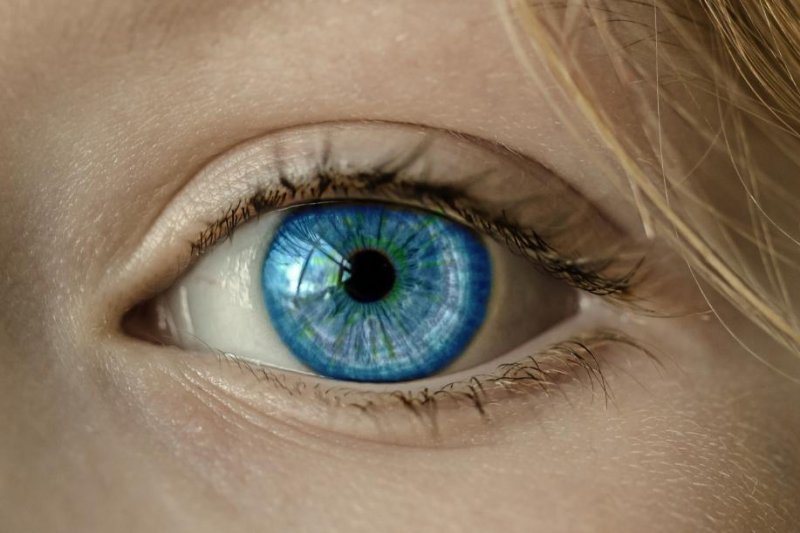A significant link between three degenerative eye diseases -- age-related macular degeneration, diabetic retinopathy and glaucoma -- and Alzheimer's disease was found in a study. Photo by
cocoparisienne/pixabay
Aug. 8 (UPI) -- Researchers have found a significant link between three degenerative eye diseases and Alzheimer's disease risk, offering a potential way for medical providers to detect the memory loss condition.
Age-related macular degeneration, diabetic retinopathy and glaucoma were associated with an increased prevalence in cognitive decline that are part of Alzheimer's, researchers report in findings published Wednesday in the journal Alzherimer's & Dementia.
Another degenerative eye condition, a cataract, wasn't an Alzheimer's disease risk factor, the researchers found.
"What we found was not subtle," Dr. Paul Crane, professor of medicine at the University of Washington School of Medicine said in a press release. "This study solidifies that there are mechanistic things we can learn from the brain by looking at the eye."
Although Alzheimer' disease is the most common dementia, it's difficult to diagnose early.
Alzheimer's researchers have focused on amyloid buildup in brain tissue.
"Referred to as 'the window to the brain,' the eye provides substantial information on brain health," the researchers wrote. "No study has investigated associations of all four sight-threatening conditions with AD risk using research AD diagnostic criteria."
The eye even has the same type of tissues as the brain, the researchers said.
The study included 3,877 age 65 and older who did not have Alzheimer's disease at the time of enrollment when the study started in 1994 as part of the Adult Changes in Thought database. Patients had followup exams within five years and afterward for an average of eight years.
Patients with the degenerative disease were at a 40 percent to 50 percent greater risk of developing Alzheimer's disease than those without these eye conditions in the study.
Because the brain is an extension of the central nervous system, occurrences in the eye may related to to the form of dementia, the researchers believe.
"We don't mean people with these eye conditions will get Alzheimer's disease," said Dr. Cecilia Lee, an assistant professor of ophthalmology at the UW School of Medicine. "The main message from this study is that ophthalmologists should be more aware of the risks of developing dementia for people with these eye conditions and primary care doctors seeing patients with these eye conditions might be more careful on checking on possible dementia or memory loss."















